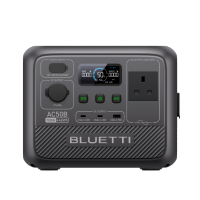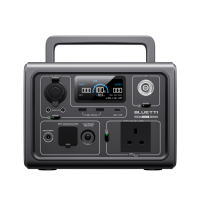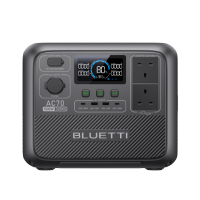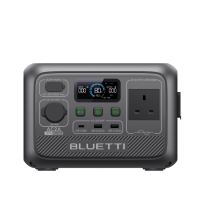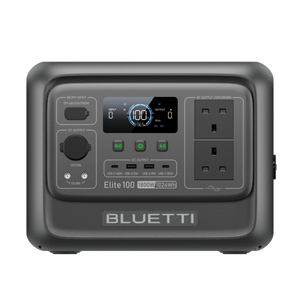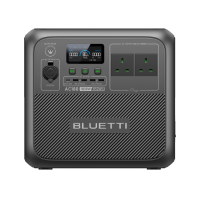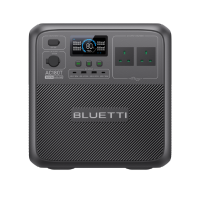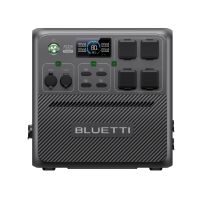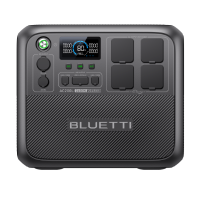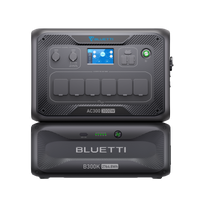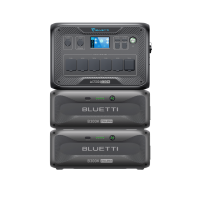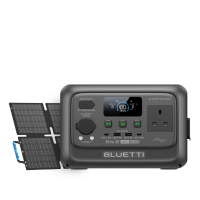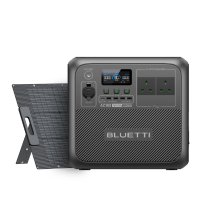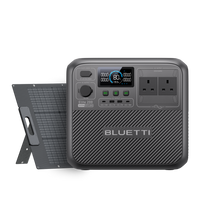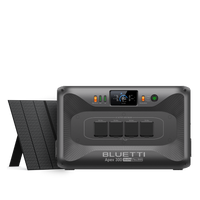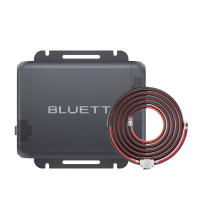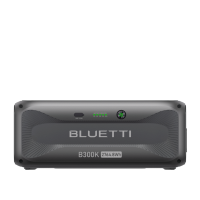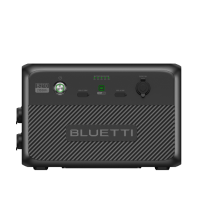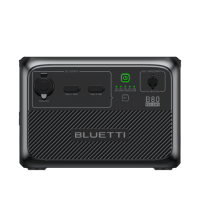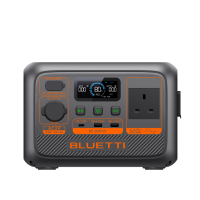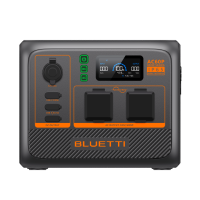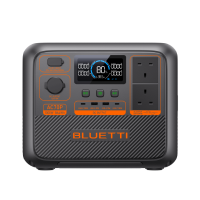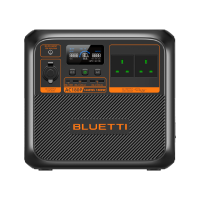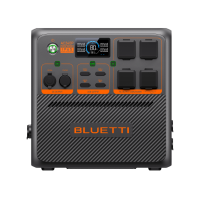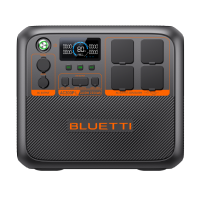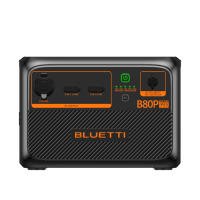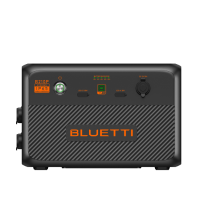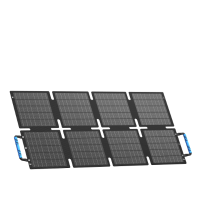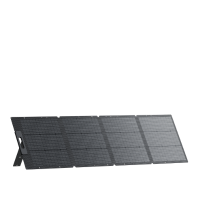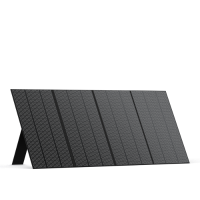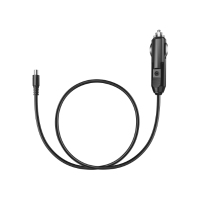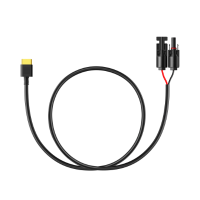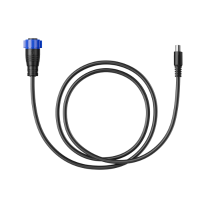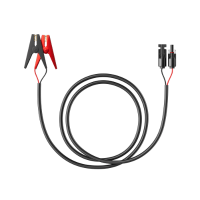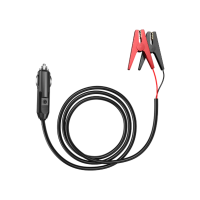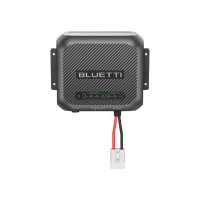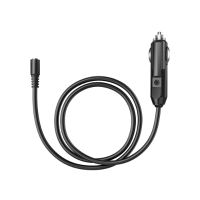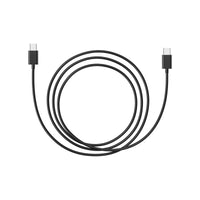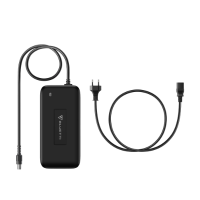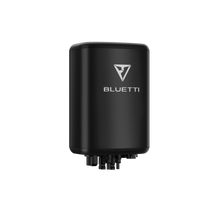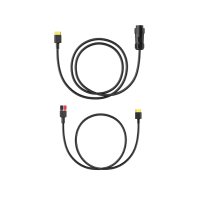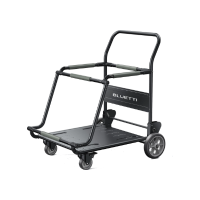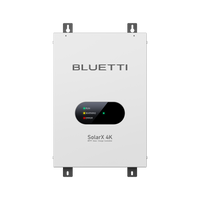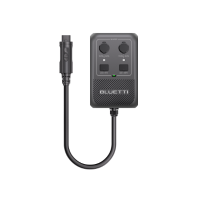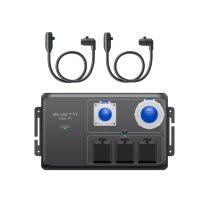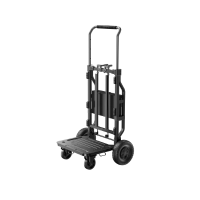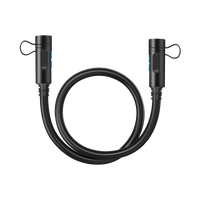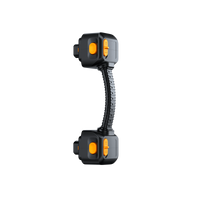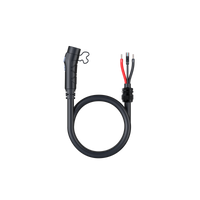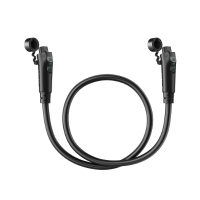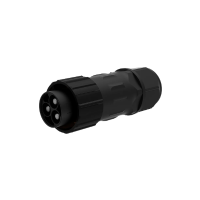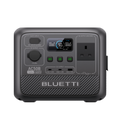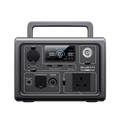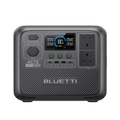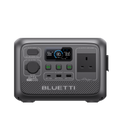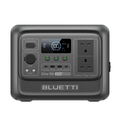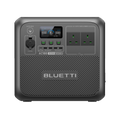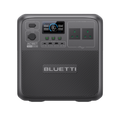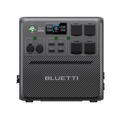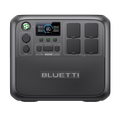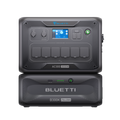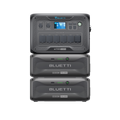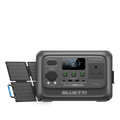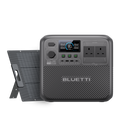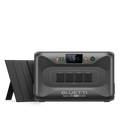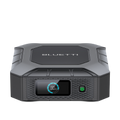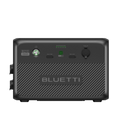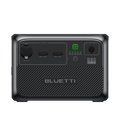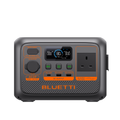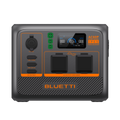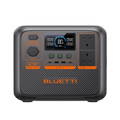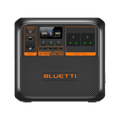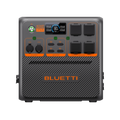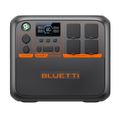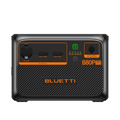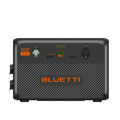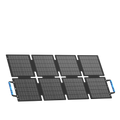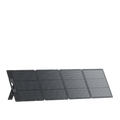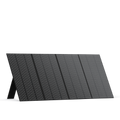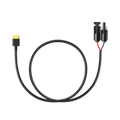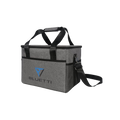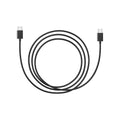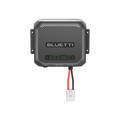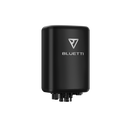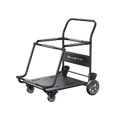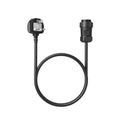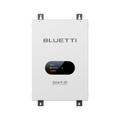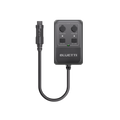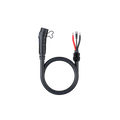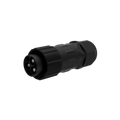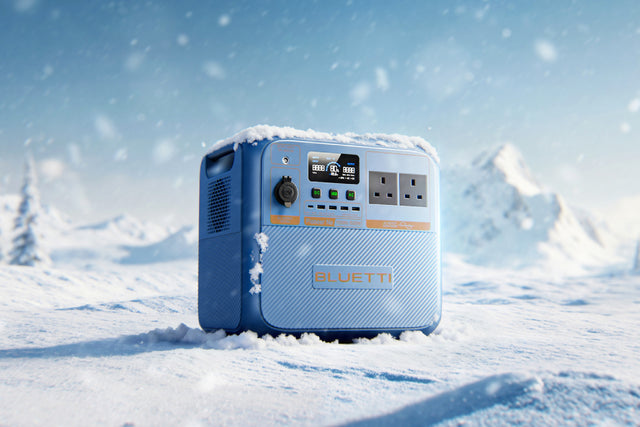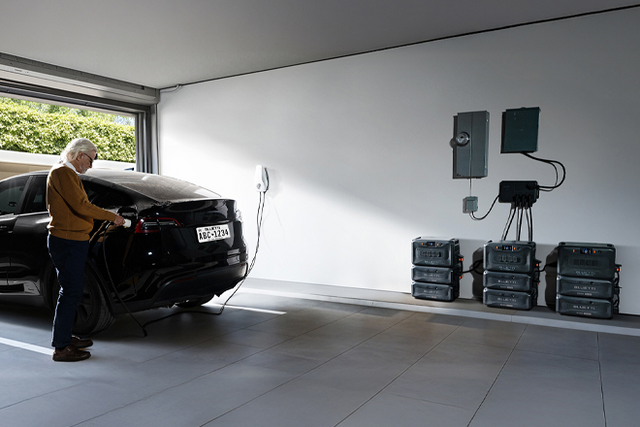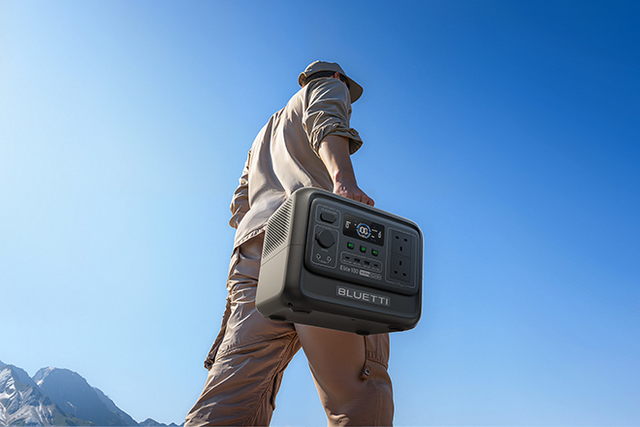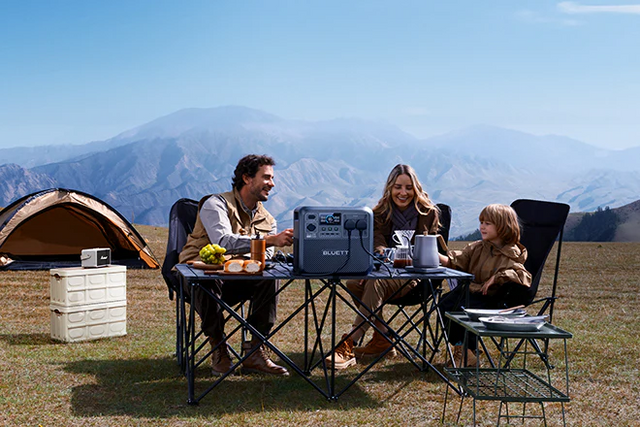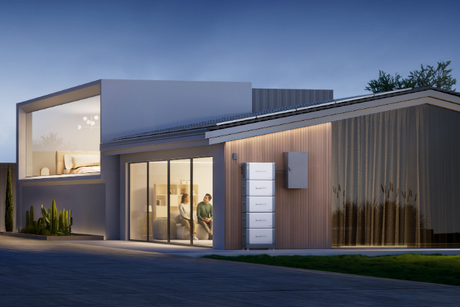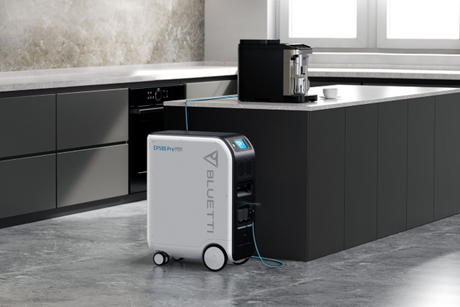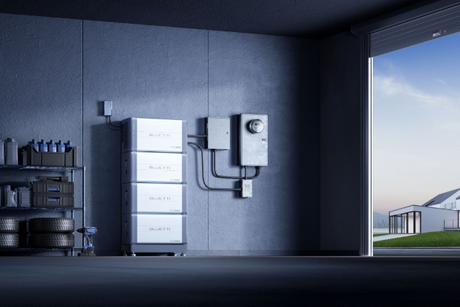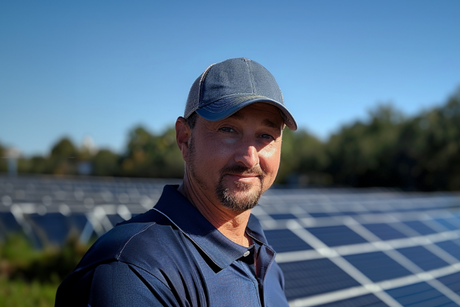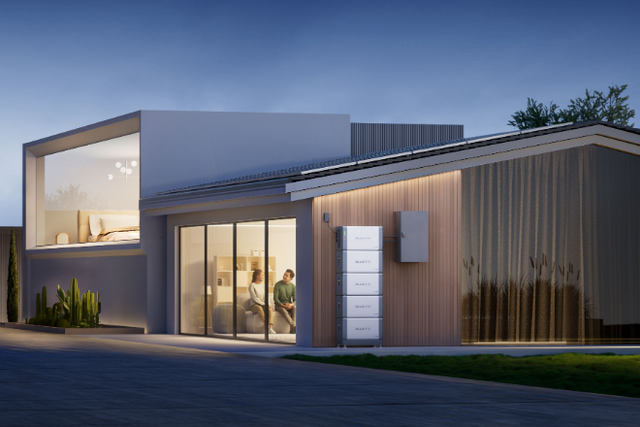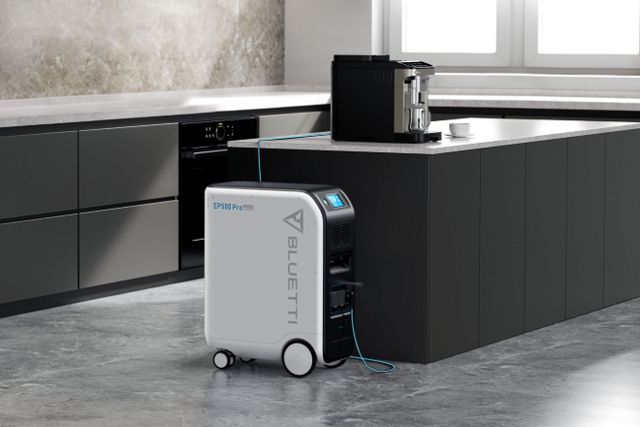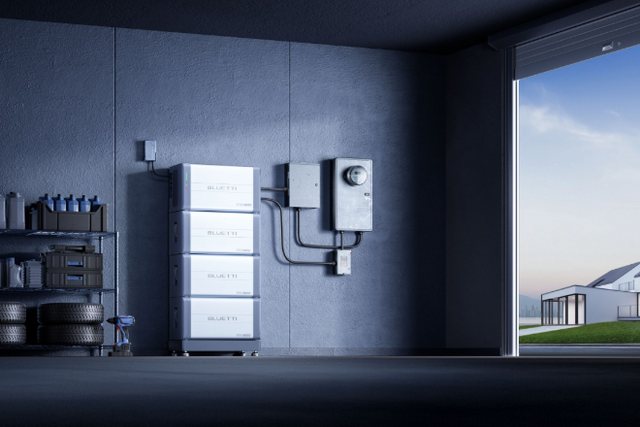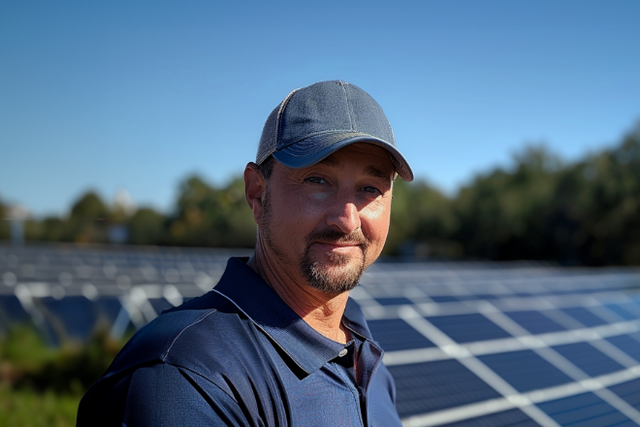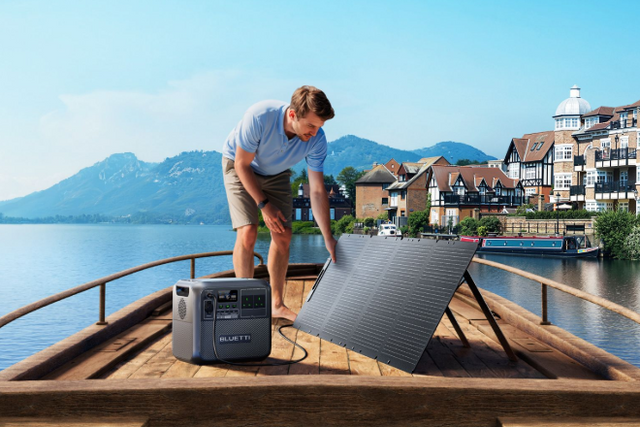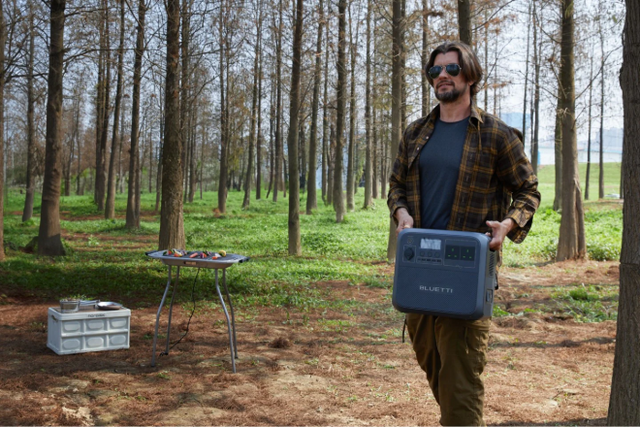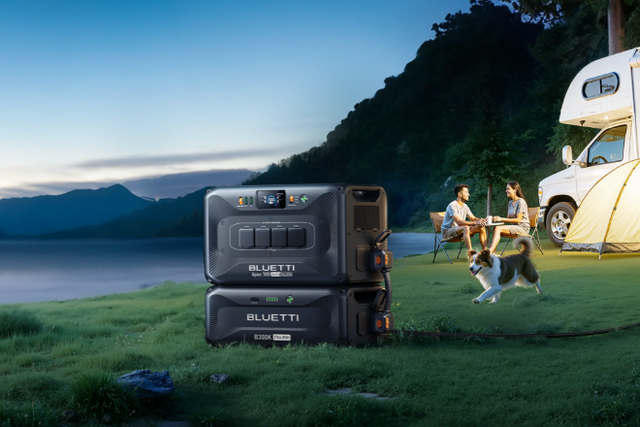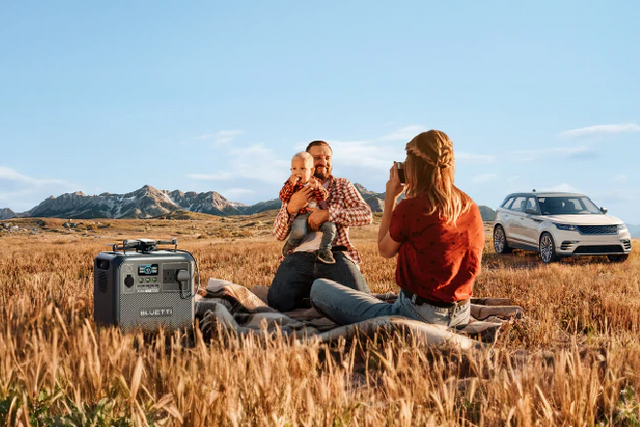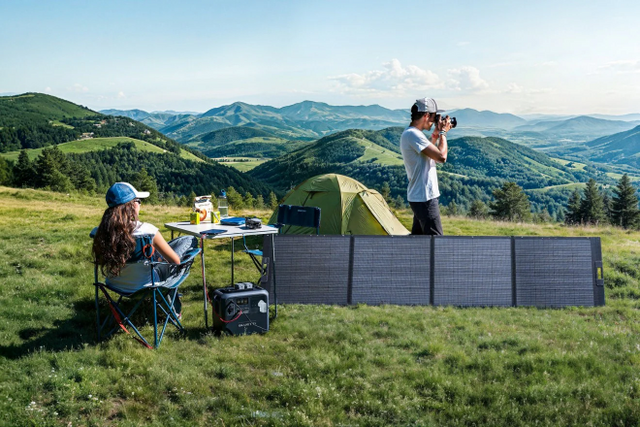Top Campervan Camping Tips UK: Everything You Need for a Perfect Road Trip

The allure of exploring the UK in a campervan is undeniable—it’s a promise of freedom, open roads, and waking up to a new view every day. However, the reality of UK campervan trips can include common challenges like unpredictable weather, navigating local rules, and managing limited power. This can feel overwhelming, but with the right preparation, these hurdles are easily overcome.
This article serves as the ultimate guide to ensure your adventure is smooth, comfortable, and memorable. We’ve compiled the most essential Campervan Camping Tips UK, covering everything from selecting the right vehicle to mastering your electrical system for both campsite stays and off-grid explorations.

1. Choosing Your Home on Wheels: Types of Campervans in the UK
The foundation of any great road trip is the vehicle you choose. Whether you prioritise space, manoeuvrability, or the flexibility to explore on foot, understanding the different types of campervans available in the UK is the first step.
Motorhomes vs. Campervans
-
Motorhomes: Often larger than campervans, motorhomes sometimes feature a boxy build on the back, providing more interior space and domestic-style amenities.
-
Pros: More living space, often better-equipped kitchens and bathrooms.
-
Cons: Can be more expensive to buy and maintain, may incur higher site fees as they often occupy larger or premium pitches, and can be more difficult to park in towns or on narrow roads.
-
-
Campervans: These are more compact vehicles, typically converted from commercial vans like the Sprinter. They are designed for functionality and ease of travel.
-
Pros: Easier to drive and park in standard parking spaces, better fuel economy, and more manoeuvrable on country lanes.
-
Cons: Tighter interior space, which can mean smaller bathrooms and less storage.
-
Touring Caravans
A touring caravan is towed by a car, offering a unique blend of a mobile base camp and freedom. The primary advantage is the ability to detach your car and use it for day trips without having to pack up your entire living space.
-
Pros:
-
Flexibility to detach the tow car for day trips.
-
Can be left on a seasonal pitch for extended use.
-
-
Cons:
-
Requires confidence and skill for towing.
-
Insurance policies may have restrictive clauses regarding tow car weight vs. caravan MTPLM.
-
Seasonal pitches represent a significant annual cost, ranging from £2,000 to £4,000.
-
2. Planning Your UK Campervan Trip: Routes, Rules, and Essentials
A little planning goes a long way toward ensuring your journey is stress-free. From understanding local regulations to packing the right gear, this section covers smart planning for both convenience and budget on all UK campervan trips.
Understanding UK Camping Rules
-
No National Ban: There is no national law in the UK that bans sleeping overnight in a van.
-
Local Rules are Key: Legality depends entirely on local council rules and signage. Always check for signs prohibiting overnight parking. For example, Cornwall Council bans overnight sleeping in all its car parks.
-
The "28-Day Rule": If staying on a holiday park, be aware they are for holiday use only. You may be asked to provide proof of a permanent residence elsewhere.
Booking Campsites and Managing Costs
Campsite prices vary significantly across the UK, with nightly costs ranging from £25 to over £52.
Many club sites use "dynamic pricing," meaning the cost changes based on the day of the week and demand, so booking in advance can sometimes save money. Managing costs extends beyond the pitch fee; in a later section, we'll cover smart cooking tips to leverage the electricity you've already paid for.
For first-timers, booking in advance is highly recommended, especially for popular sites or during peak seasons, to guarantee a spot.
A standard UK campsite pitch with Electric Hook-Up (EHU) will typically include the EHU point, a water tap, a drain on the pitch, access to a toilet and shower block, and a Chemical Waste Disposal (CWD) point.

Essential Packing: Beyond the Basics
-
Electrical Gear: You will need a proper UK campsite hook-up lead, as a standard 3-pin household extension is not safe or suitable. It's also wise to carry spare fuses and a multimeter for basic voltage checks if you encounter any power issues.
-
Comfort Items: If you're on a pitch with EHU, the electricity is included in the price. Bring an electric kettle or air fryer to save on gas and make the most of the "free" power.
3. Powering Your Off-Grid Adventure: One of the Most Vital Campervan Camping Tips UK
Managing your power is one of the most critical skills for a campervanner. Whether you're hooked up on a site or fully off-grid, understanding your electrical system is key. Here are some essential off-grid campervan tips.
Understanding Your Electrical System
Your vehicle has two main electrical systems. The 240V mains system works when you are connected to an EHU at a campsite and powers your standard plug sockets. The 12V system runs off the leisure battery and powers things like the lights, water pump, and fridge controls. This 12V system is why you can't just plug your home kettle in without an inverter, necessitating the specific 12V or gas alternatives we mentioned in the packing essentials.
Avoid overloading your 240V circuit by running too many high-wattage appliances at once. Repeatedly tripping the fuses can weaken the installation over time.
Off-Grid Power Solutions
The core of an off-grid system consists of a few key components:
-
Leisure Batteries: These store your 12V power. Options range from traditional lead-acid to more modern and efficient lithium batteries.
-
Solar Panels: Mounted on the roof, these charge your leisure batteries. They are most effective in direct sunlight, and their output can be significantly reduced on overcast days.
-
Alternator Charging: A Battery-to-Battery (B2B) charger allows you to top up your leisure batteries using power from the vehicle's alternator while you drive.
-
Inverter: This device converts 12V DC power from your batteries into 240V AC power, allowing you to run mains appliances when you are not on a hook-up.
For reliable off-grid energy, a portable power station can be a simple plug-and-play solution. A setup like the BLUETTI Apex 300 + Charger 1 + Hub D1 provides an all-in-one box for your UK campervan adventures, simplifying the complexity of a traditional system.

4. Bonus Campervan Camping Tips UK for a Better Trip
Here is a collection of extra Campervan Camping Tips UK to enhance your comfort, save money, and make you a better campsite neighbour.
-
Smart Cooking When on a pitch with EHU, make the most of the electricity included in your fee. Use electric appliances like an air fryer, induction hob, or electric hot plate to save your gas supply. As one user noted, the food "tastes even better when it's 'free'."
-
Water System Hygiene After every trip, fully drain your hot water tank. This simple step prevents water from standing in the system for weeks between visits, which is much better for hygiene and prevents stagnation.
-
Campsite Etiquette When arriving at a site with unmarked pitches, be considerate of space. Park tidily next to other vans rather than leaving large, unusable gaps. This helps maximize the available area so more people can enjoy the site.
-
Travelling with Pets The UK is a fantastic place for campervan trips with dogs. Many sites are pet-friendly, with some even offering dedicated amenities like enclosed paddock areas for them to run safely off-leash. Having your van provides a comfortable and familiar space for your animal, making travel less stressful for everyone.
Conclusion: Your UK Adventure Awaits
From choosing the right vehicle and planning your route according to UK rules to managing your power effectively, you are now equipped for a fantastic road trip. By keeping these Campervan Camping Tips UK in mind, you can navigate the challenges and focus on the adventure.
FAQs
1. Do I need a special license to drive a campervan in the UK?
For most campervans and motorhomes with a maximum weight under 3,500kg, a standard Category B car driving license is all you need. Drivers who passed their test before 1 January 1997 may have additional entitlements allowing them to drive heavier vehicles.
2. Can I camp anywhere I want in the UK?
No. While there isn't a national law against sleeping in a vehicle, "wild camping" in a campervan is not legally permitted everywhere. Local councils often have specific prohibitions. For example, Cornwall bans overnight sleeping in council car parks. Always check local signage and respect any restrictions.
3. What is an 'EHU' on a campsite?
EHU stands for Electric Hook-Up. It provides a 240V mains electricity supply directly to your van from a bollard on your pitch. To connect, you must use a specific, certified camping extension lead designed for outdoor use; a standard household extension lead is not suitable or safe.
4. What's the main difference between using gas and electricity in a campervan?
Gas (LPG) is typically used to power the hob, oven, water heater, and fridge when you are off-grid. When you connect to an EHU, you can often switch your water heating, space heating, and fridge to run on electricity. This is a great way to save your bottled gas, as the electricity is included in the campsite fee.
Shop products from this article
You May Also Like

The Ultimate Camping Gift Guide for Outdoor Enthusiasts in the UK
If you are looking for camping gift ideas for outdoor enthusiasts, from beginner essentials to campervan gear, let us explore practical ideas for every type of camper.

DIY Campervans Made Easy: Essential Power Tips for Your Off-Grid Setup
Learn essential DIY campervan power tips: plan your system, balance batteries, use solar effectively, and stay safe on every off-grid adventure.


